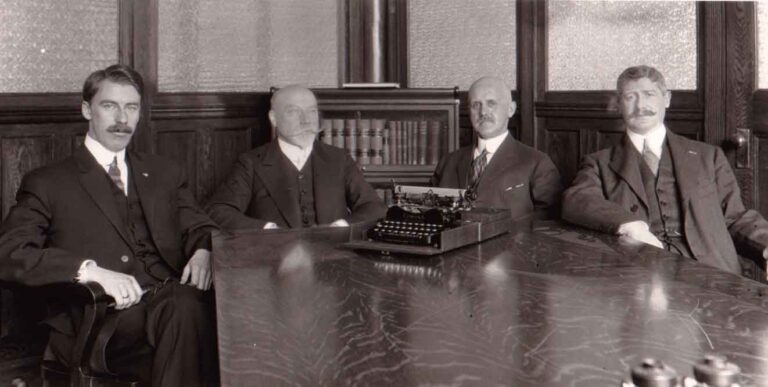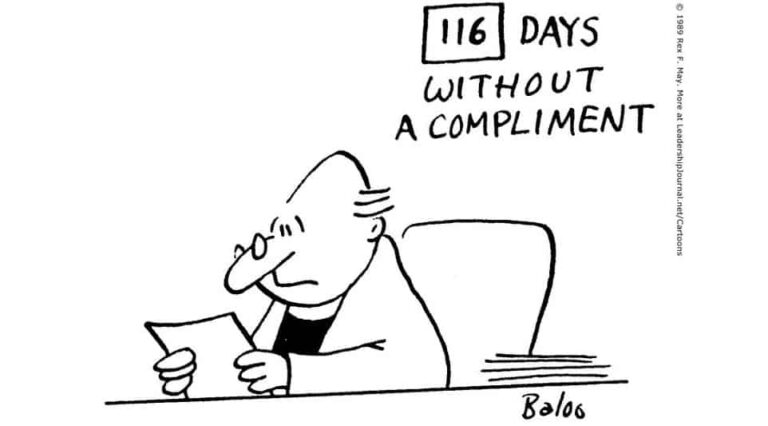God ledelse handler i stor grad om folkeskikk. Så rart at mange ledere ikke greier å huske det.
Les mer om hvorfor dyktige medarbeidere slutter i gode jobber:
Why Great Employees Leave Good Jobs
“People don’t leave their companies, they leave their direct supervisors.”
This is a widely understood – and well validated by research – common knowledge “corporate truth” within the HR and leadership communities.
But, if this has been so well understood for so long, why are most managers still creating and perpetuating workplaces largely populated with apathetic or disengaged employees who sap the energy and morale of their colleagues, and cost American companies $450-$550 billion each year in lost productivity from the disengaged and the disruption and chaos they leave in their wake?
Leaders and managers, you own this problem
And you are also the most likely cause of the unwanted voluntary turnover, squandered effort, lack of productivity, and damaging impact to the bottom-line in your organization.
A survey of hundreds of workers from a variety of jobs and industries done by Dr. Wayne Hochwarter, the Jim Moran Professor of Management at Florida State University’s College of Business, offers some clues about the source of why this may be the case in your company.
According to the research, employees stuck in destructive professional relationships experienced more job tension, mistrust, exhaustion, depression and nervousness than other workers. When they were asked for specifics about how their supervisors treated them on the job, this is what they had to say:
- 39 percent reported their supervisor failed to keep promises;
- 37 percent mentioned that their supervisor failed to give them credit for work they accomplished;
- 31 percent noted their supervisor gave them the “silent treatment” in the past year;
- 27 percent recounted how their supervisor made negative comments about them to other employees and managers;
- 24 percent stated their supervisor invaded their privacy;
- 23 percent described how their supervisor blamed others to cover up their own mistakes.
Lack of respect and truthfulness destroy engagement
The lack of civility and respect demonstrated by the supervisors called out in the study sheds light on why we continue to have dismal levels of employee engagement around the globe, and reminds me of a long-term research project about the impact of incivility on employee performance.
Dr. Christine Pearson, Professor of Global Leadership at the Thunderbird School of Global Management in Arizona, and Christine Porath of the University of Southern California’s Marshall School of Business, have been polling employees and managers for over 10 years on the topic.
This is what their research discovered when employees experience incivility:
- 80 percent lost work time worrying about the incident;
- 78 percent said their commitment to the organization declined;
- 66 percent noted their performance declined;
- 63 percent lost time avoiding the offender;
- 48 percent decreased their work effort;
- 47 percent decreased their time at work;
- 38 percent decreased the quality of their work.
How can we expect to innovate, gain market share, achieve our goals, or crush the competition with such a dismal environment in so many workplaces? As a leader, it’s your job to fix this.
So the question becomes, what are you going to do about it?
The post originally appeared in a somewhat different form on OCTanner.com
Innlegget er hentet fra Ere Media.
Les mer om lønnsomme og inspirerende lederforedrag og -workshops her.
Og klikk her for å lese mer om 5 bøker om mer enn 50 begeistringsledere som skaper involvering, begeistring og gode resultater.







